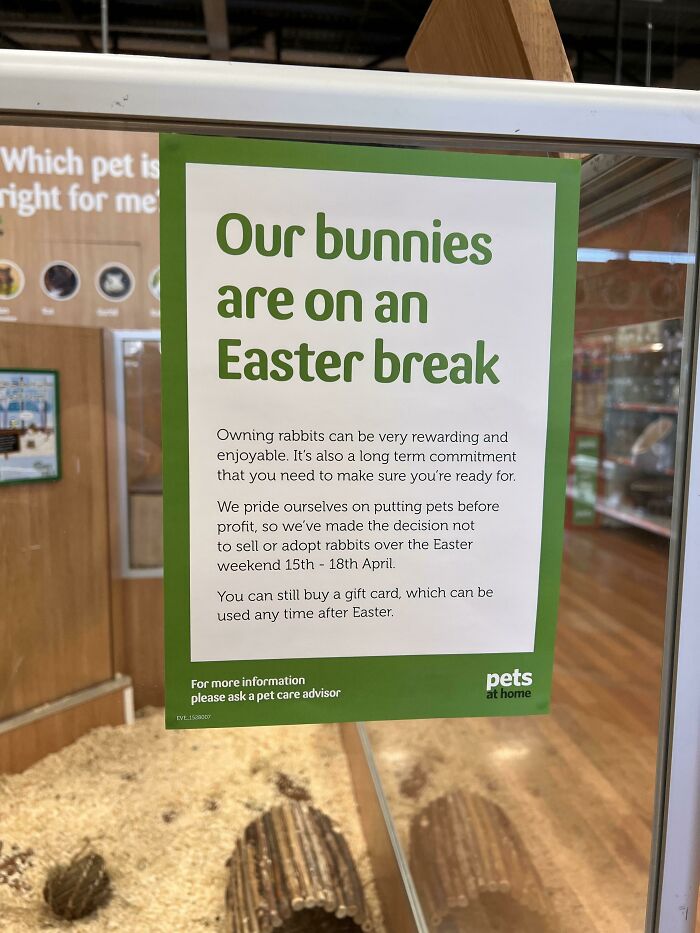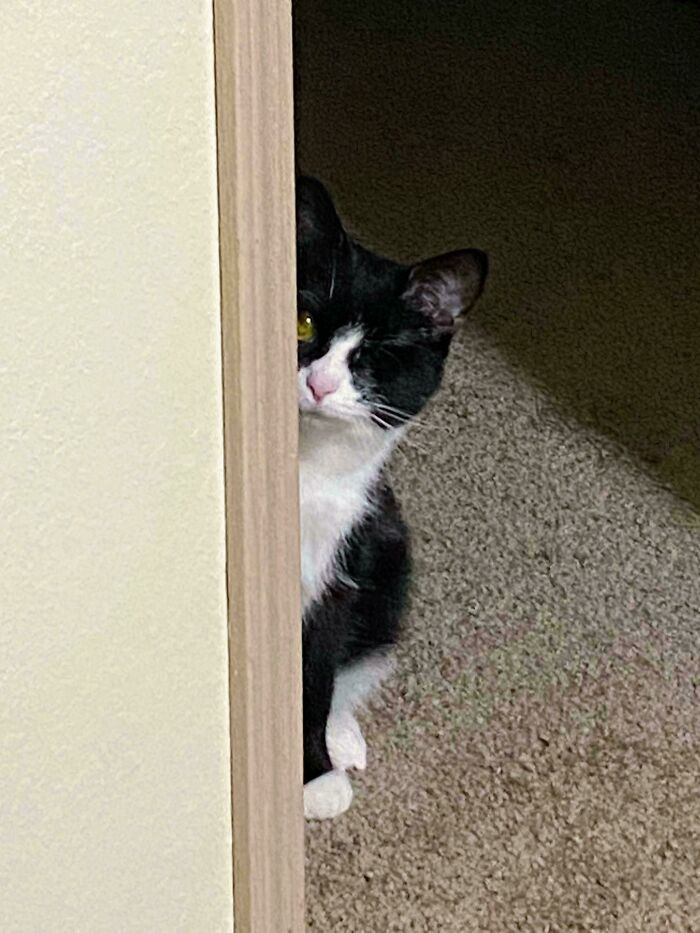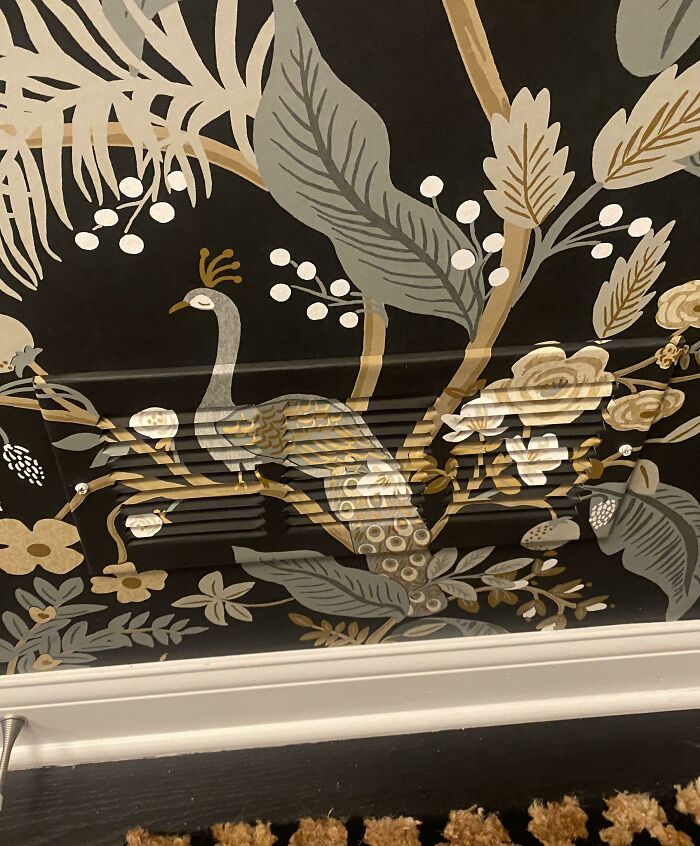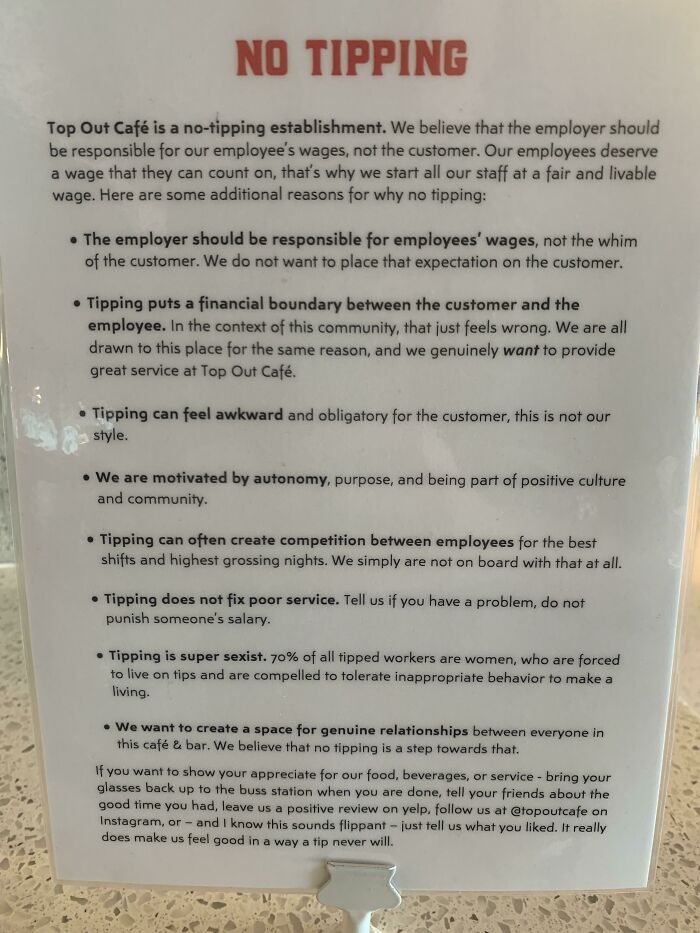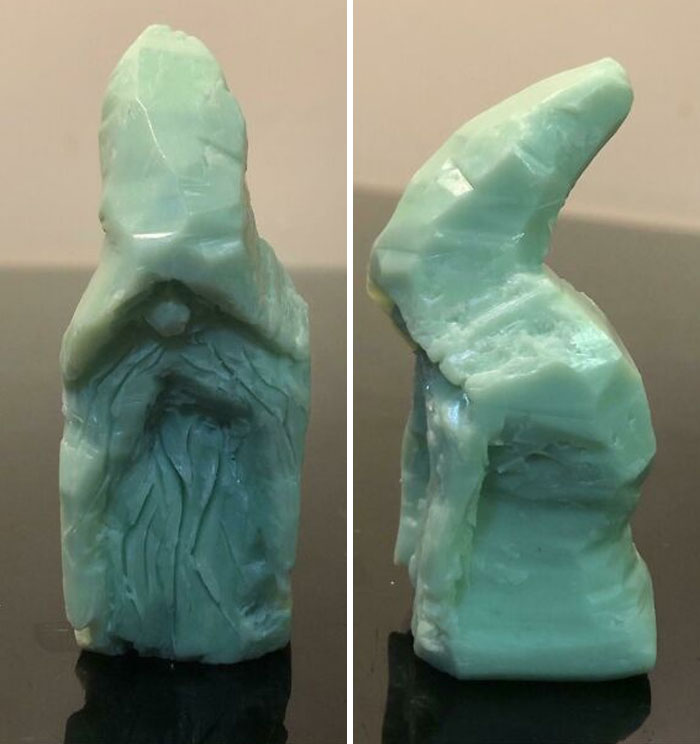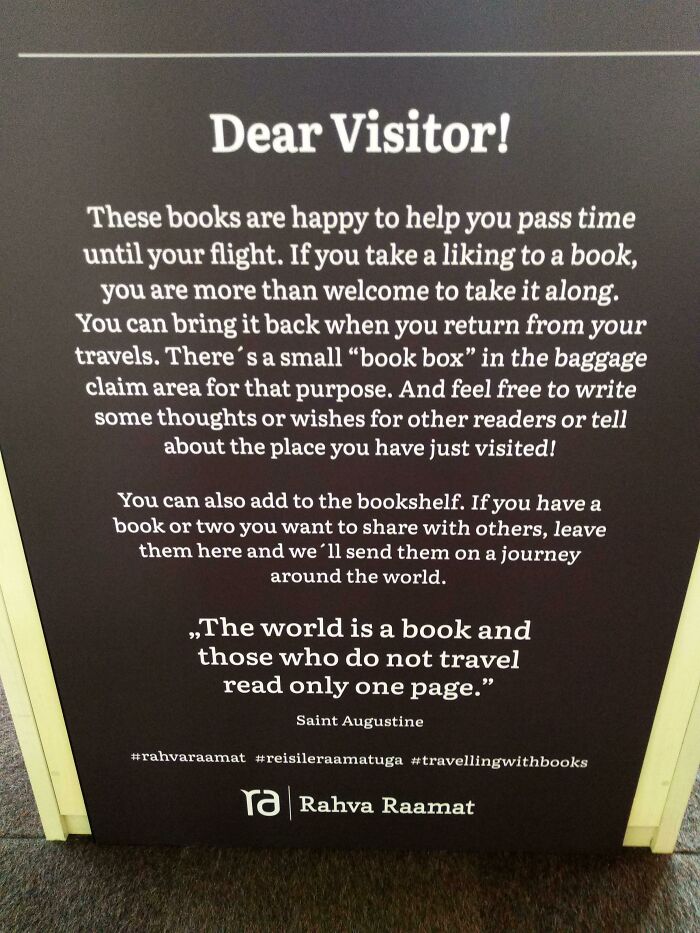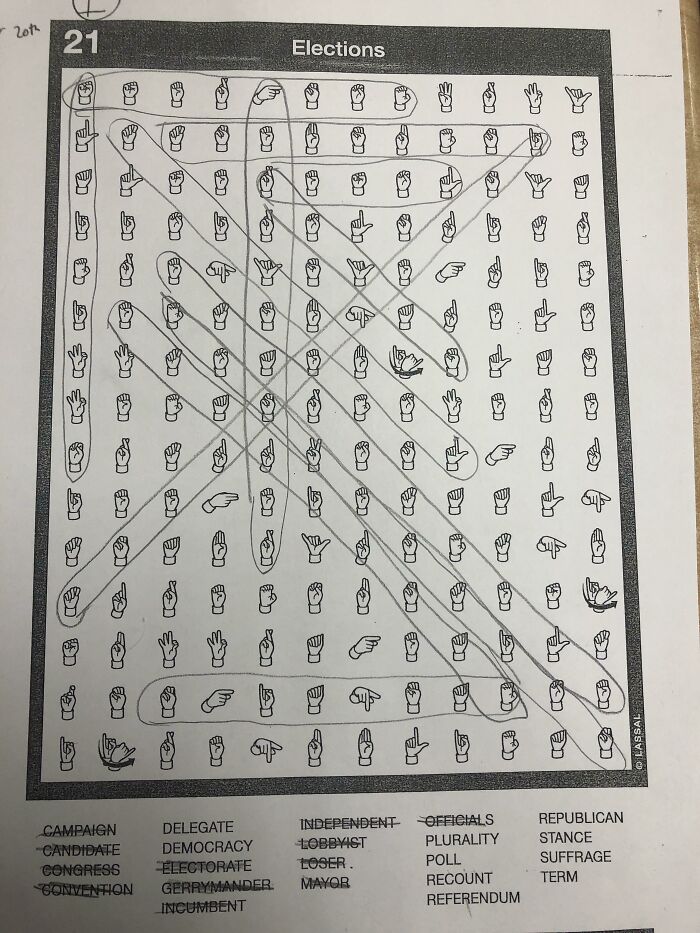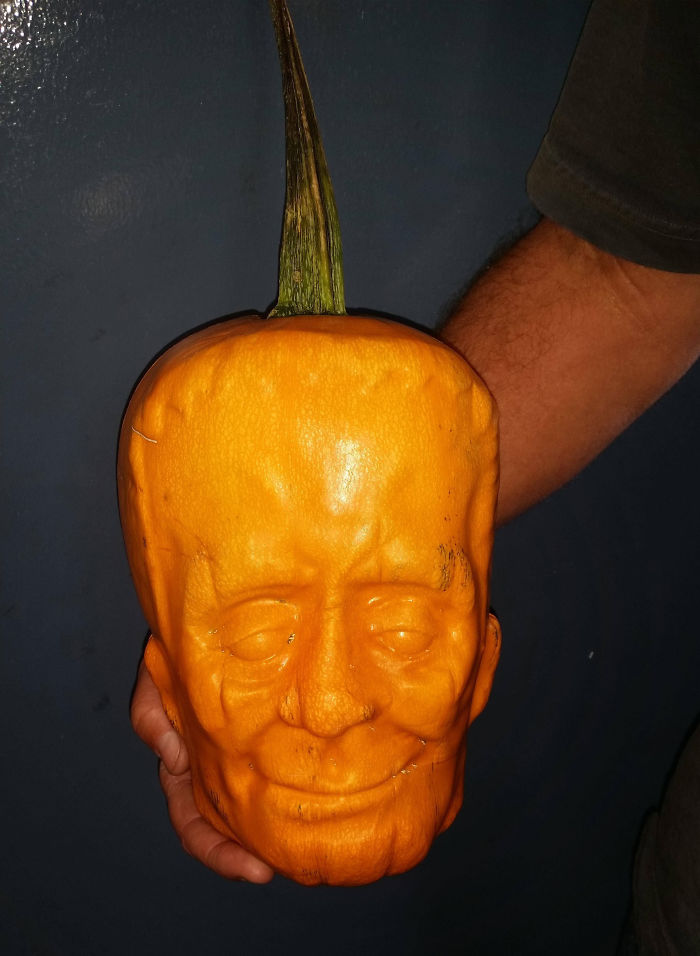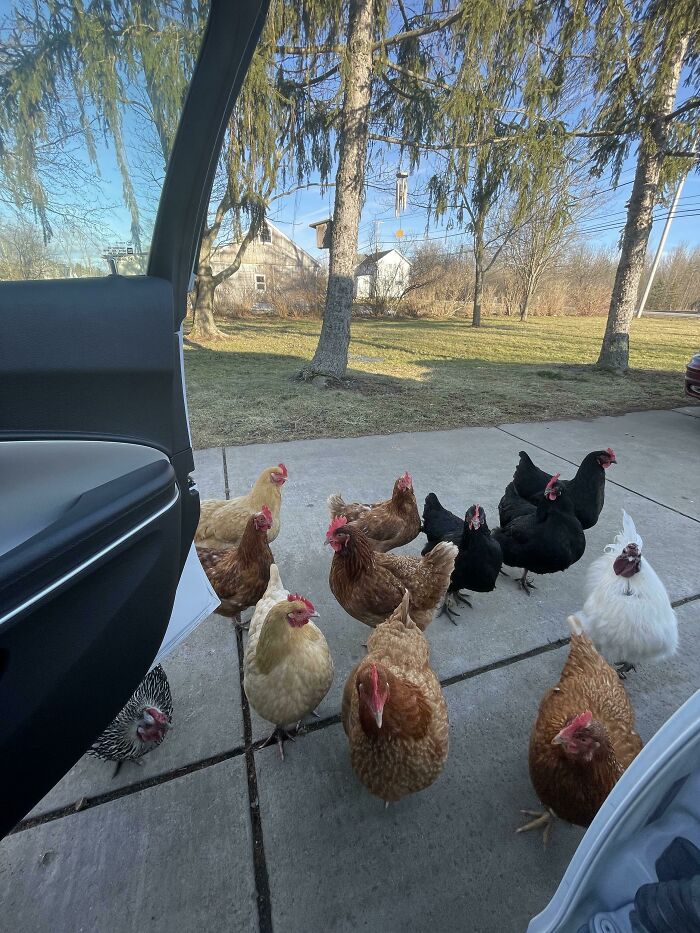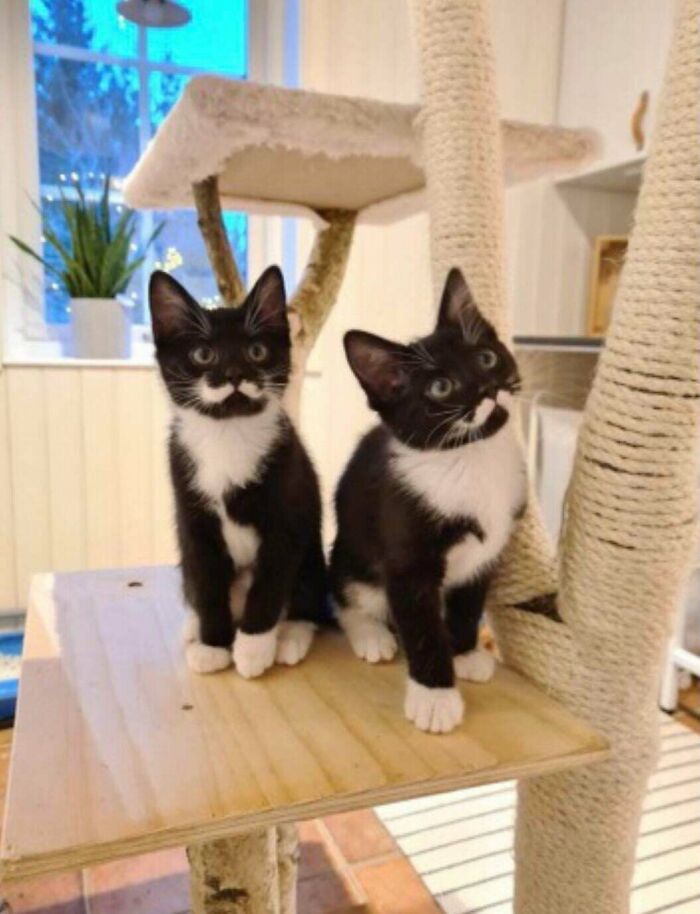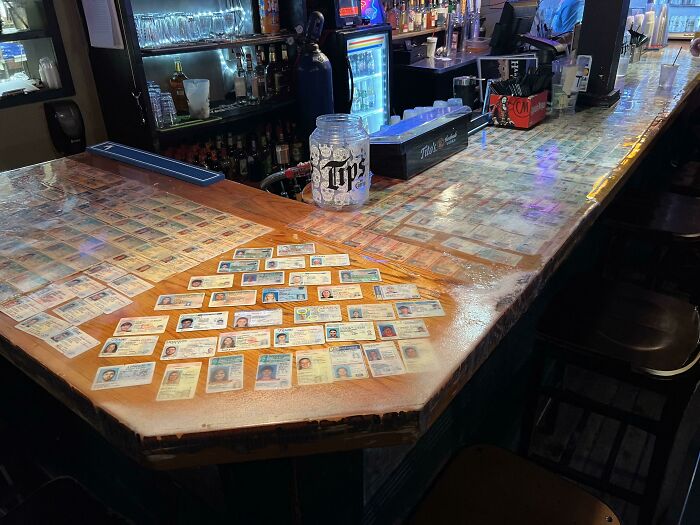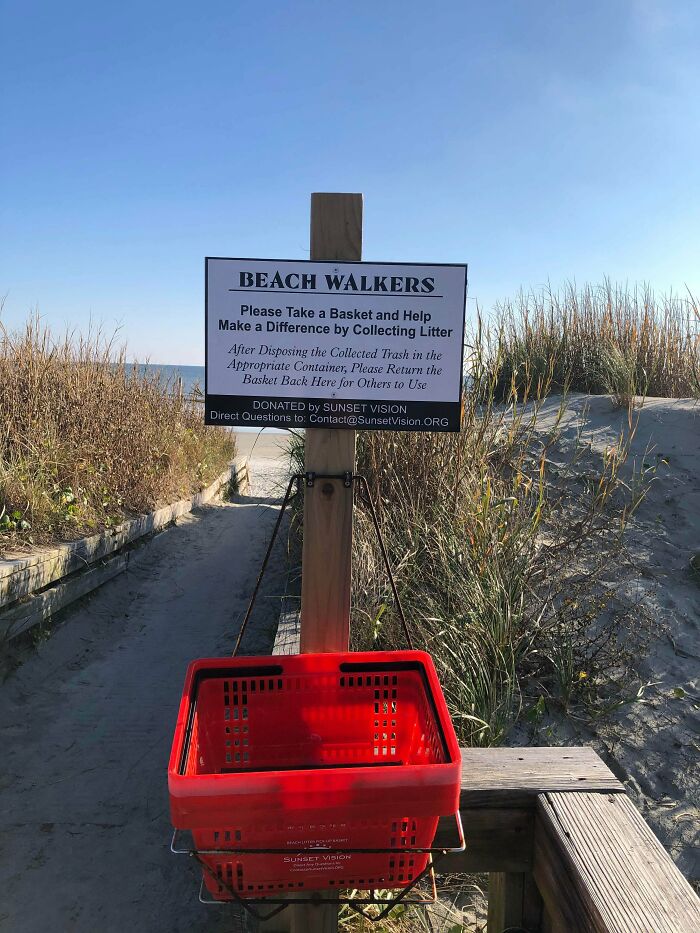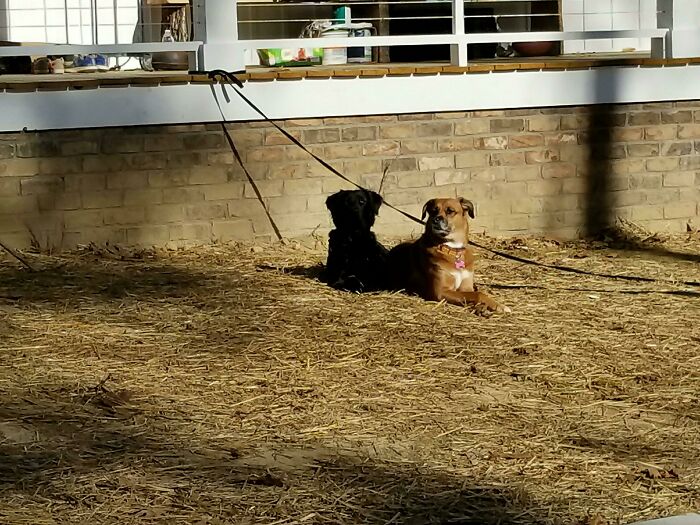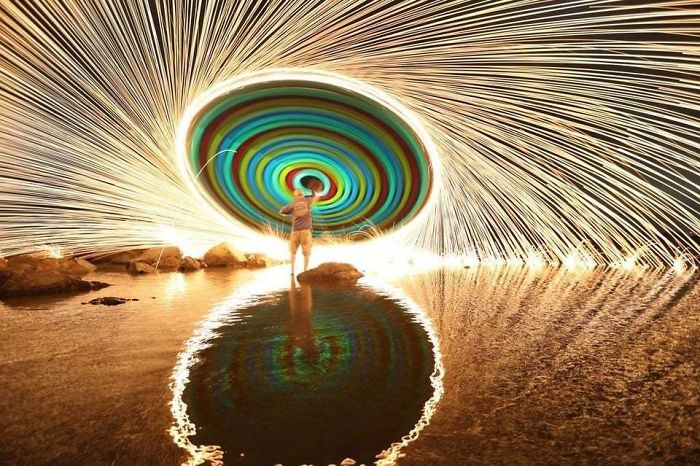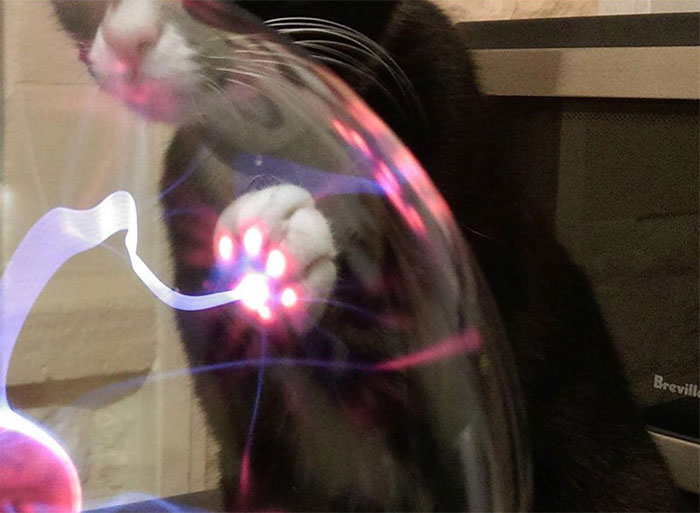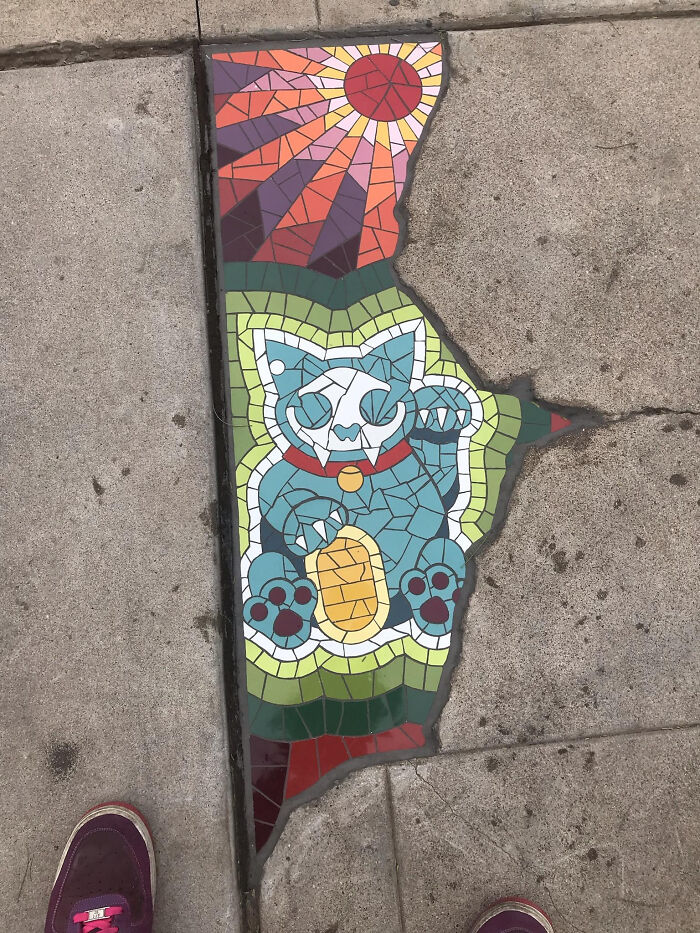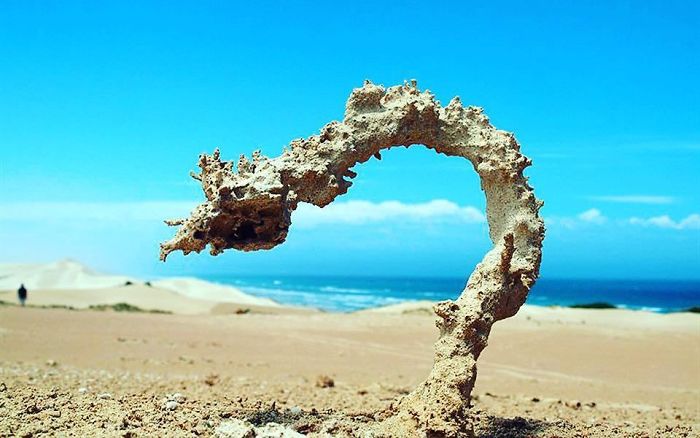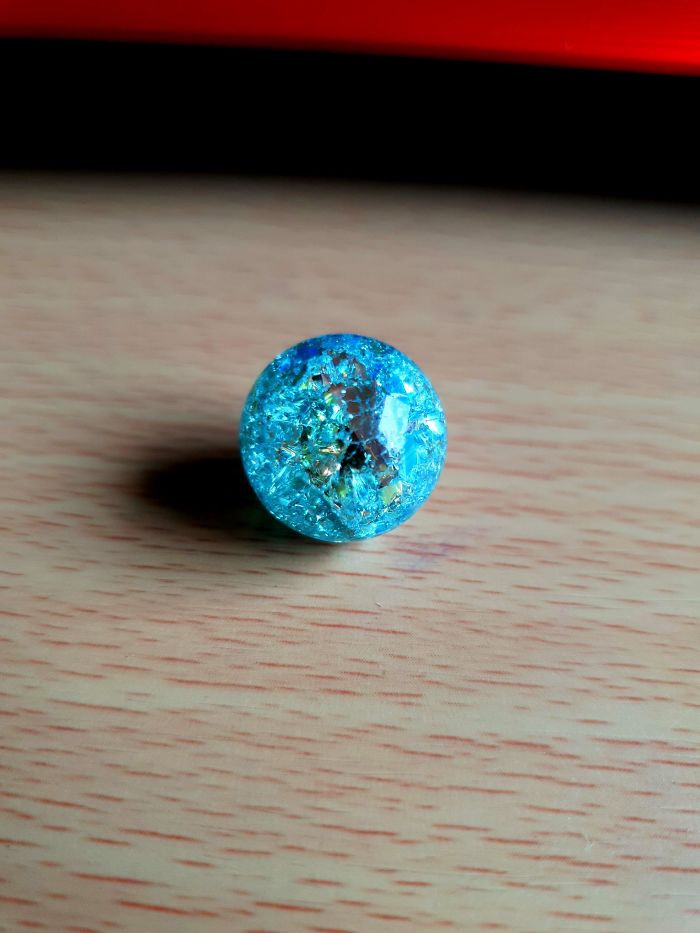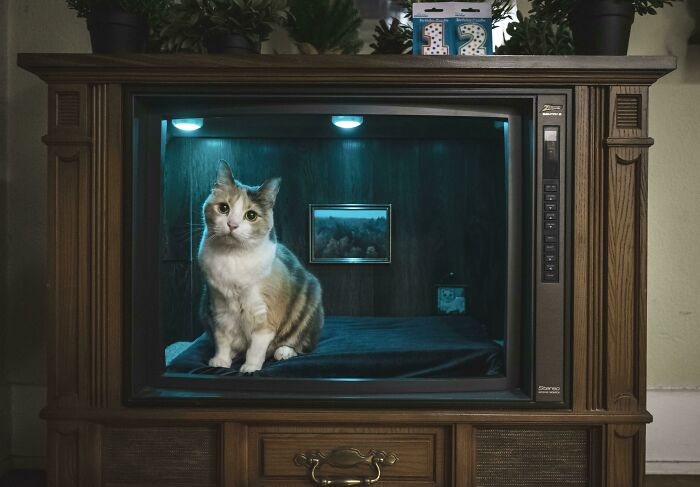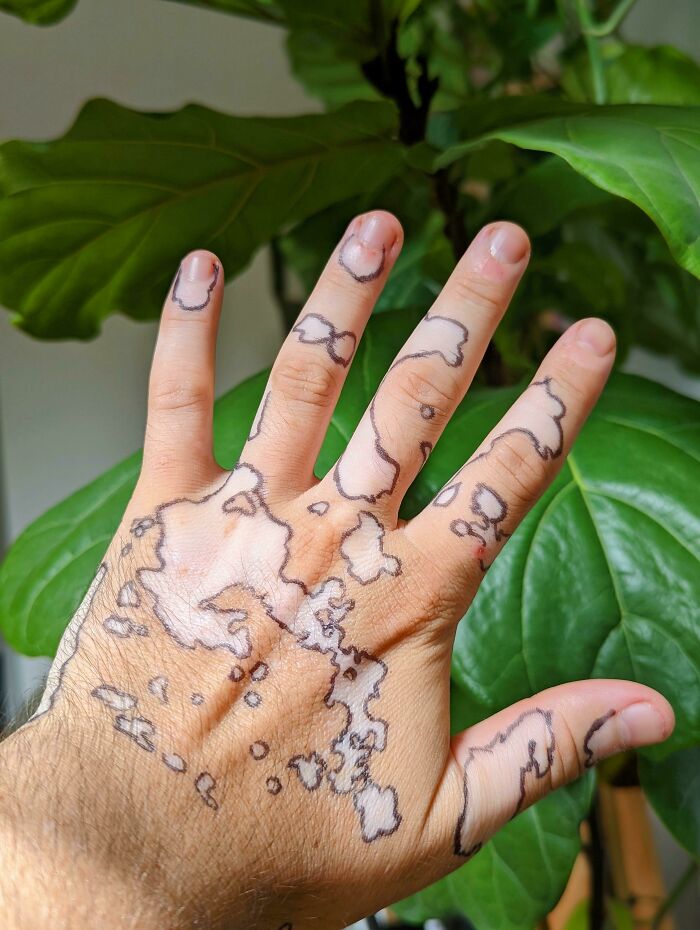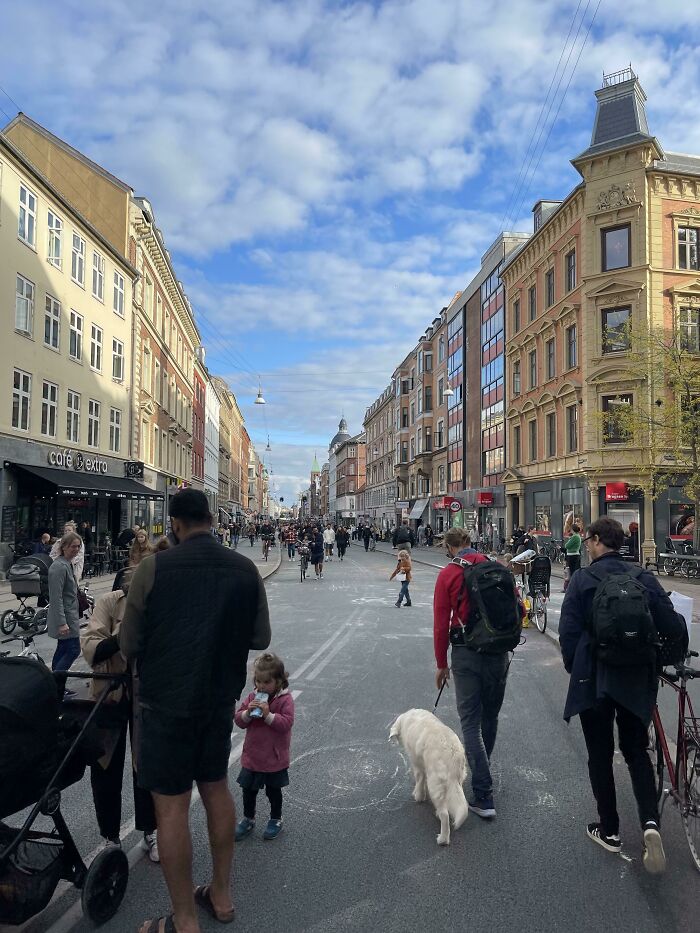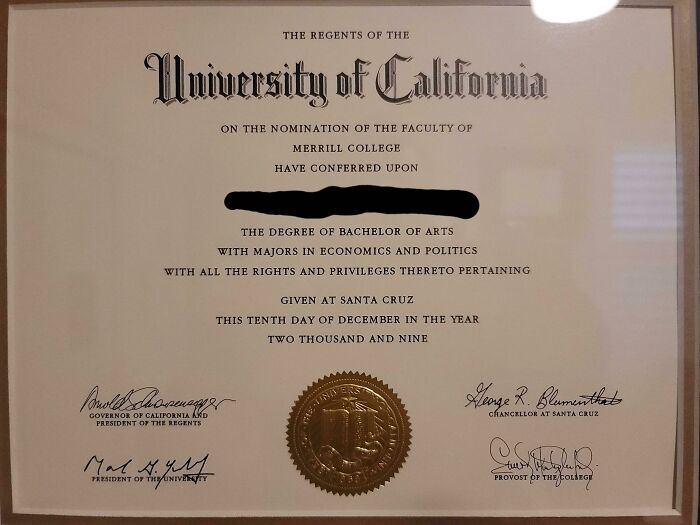Below you will find a collection of some of the most mildly interesting posts from the sub we’ve ever shed light on, which might take you down memory lane if you have followed us for quite some time already. If you’re just starting now, welcome and enjoy some of the most amusing, random, unexpected, and just mildly interesting content. Seeking to learn more about what makes us curious about such content, Bored Panda got in touch with two experts in curiosity, Senior Lecturer in Psychology at Williams College in Massachusetts, Dr. Susan Engel, and behavioral expert, author, speaker and consultant, Dr. Diane Hamilton, who agreed to answer a few of our questions on the topic. You will find their thoughts in the text below. “Curiosity motivates a wide range of behaviors. It makes us open a bag when we don’t know what’s inside, ask friends a million questions, look things up, scan a new situation, and test our predictions—will this hold me up if I step on it, for instance?” Dr. Susan Engel told Bored Panda, adding that every person is different in regards to the level of curiosity and what it is directed at. Data suggests that quite a few people see said potion as a key element of a successful future. A survey carried out in 2018 found that as much as 94% of parents believe that curious children are more likely to become successful adults. “Without curiosity, we would be in limbo, remaining in status-quo behaviors and leading rather dull lives. That is a significant problem in the workplace and why I work with so many organizations to build a culture of curiosity. When we spark curiosity, we create innovation, engagement, and productivity.” “Firstly, we often fear asking questions for fear of looking stupid. Secondly, the voice in our head might tell us that it assumes we won’t like something because it would be too difficult. Thirdly, we might over- or under-utilize technology, and lastly, everyone in our environment—family, friends, teachers, and anyone with whom we have had contact—might influence our curiosity through their lack of support.” “Culture falls into the environmental category, which is one of the four factors of FATE. Anyone in our circle of influence, like friends, family, and others, shows us how our culture accepts or rejects our actions. “Culture is a significant influencer and teaches us if something is a good or wrong way to behave. Consider a culture where women are not supposed to work. Then, a woman’s curiosity about job potential would be quite different.” “I think for some people, online access to information is a boon to curiosity,” Dr. Engel shared. “And research has shown that feeding curiosity is the best way to increase it. So, being able to answer one’s questions online can fuel the fire of curiosity. “On the other hand, answering a specific question—when did the continents break apart, how is Alzheimer’s diagnosed, what is neoliberalism, for instance—is very different from surfing the internet for distraction and passive entertainment. To the extent that those activities preoccupy people, the internet depresses curiosity.” If you want to see how browsing random images affects your curiosity, check out this guy photoshopping himself into random pictures next; but if you’d rather stick to something you already know to be at least ‘Mildly Interesting’, feel free to scroll through our previous editions on the subreddit here or here. Follow Bored Panda on Google News! Follow us on Flipboard.com/@boredpanda! Please use high-res photos without watermarks Ooops! Your image is too large, maximum file size is 8 MB.
